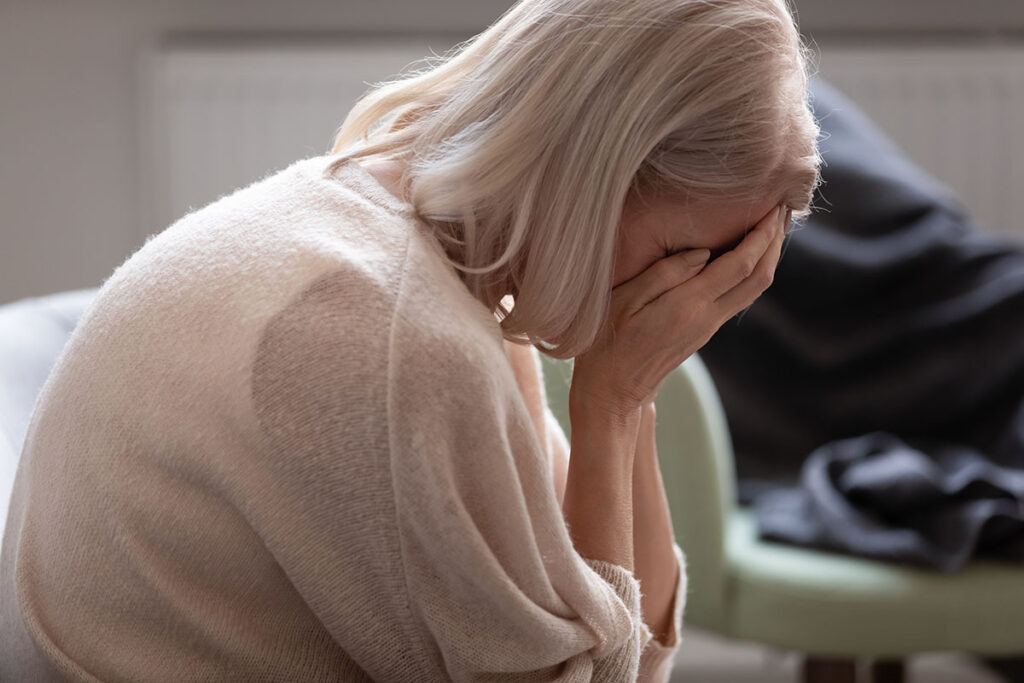COVID-19 has become a shared cultural touchstone around the world, but it has also caused people untold amounts of psychological damage. While there’s a lot we still don’t understand about coronavirus and its long-term implications, some experts have warned that a trauma response is a possible side effect.
Though not everyone will respond the same way to a crisis of this magnitude, it’s normal to feel heightened anxiety and stress under these unprecedented circumstances. Here are some healthy ways to work through psychological trauma.
1. Don’t Ignore Your Need for Human Connection
Slowing the spread of a highly contagious virus means going to some extensive measures to protect yourself and your most vulnerable neighbors – including avoiding contact with people who aren’t part of your immediate household. If this enforced isolation has been traumatic for you, try reaching out to others via a text message, phone call or email. Humans are social animals, and even introverts need to relate to other people to feel mentally healthy. You probably know someone who is feeling just as frightened and worried as you are. Remember, even a quick check-in can brighten their day.
2. Join an Online Support Group
Psychological trauma can make some women feel more withdrawn and disconnected from their day-to-day reality. Finding others who are going through similar struggles can help reduce your sense of isolation, and hearing their stories of how they cope can help inspire you to make positive changes in your life.
3. Live in the Moment
Acknowledging your feelings as they arise is an essential part of working through psychological trauma. Instead of trying to ignore or shut down powerful emotions, you can learn to accept them with healthy coping mechanisms. For example, practice controlled breathing techniques such as the 4-7-8 method when you feel overwhelmed. Or, try grounding yourself by focusing your senses on something that is in the room with you. What color is it? Does it have a specific smell? How does it feel when you hold it in your hands?
4. Take Care of Your Health
Because of the connection between your physical and mental well-being, healthy women are more likely to be resilient in traumatic situations. To naturally boost your mood, eat a well-balanced diet, get plenty of restful sleep each night, exercise regularly and avoid unproductive coping mechanisms such as drinking and drug use.
When to Seek Help for Psychological Trauma
For many women – even those who never come down with coronavirus – large-scale lifestyle changes and the need to manage daily anxiety amid a pandemic have created a trauma response. Some people have suddenly found themselves unemployed, which is traumatic in and of itself. Not only are we all dealing with an unprecedented crisis, but we are also doing so with no end in sight. Over time, all these accumulated stressors can add up to PTSD.
To learn more about women’s-only addiction and trauma treatment – including trauma-focused continuing care – contact us at Canyon Crossing. Our caring team can help you learn to live a new, healthy life in recovery from substance abuse and trauma.



